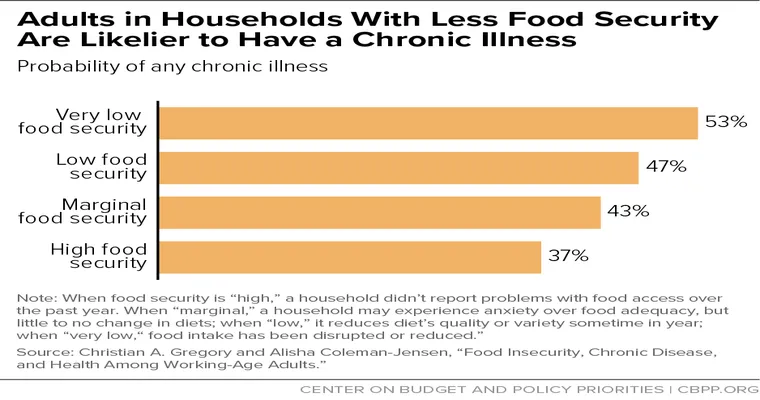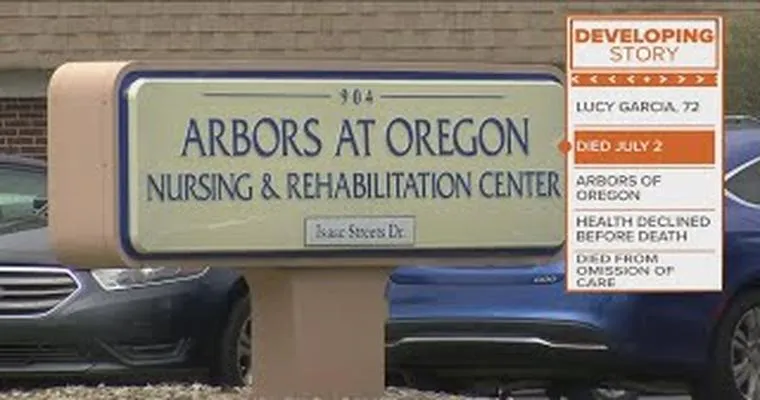In the United States, many "old state laws" from the Great Depression era still exist today, influencing modern governance and societal norms. These laws, enacted during a time of economic turmoil, were designed to address the challenges of the 1930s. However, as society evolves, the question arises: should these outdated regulations be revised or abolished? This article explores the implications of maintaining these laws and argues for their reassessment in light of contemporary needs.
The Great Depression led to the establishment of numerous "economic regulations" aimed at stabilizing a faltering economy and protecting consumers. Some of these laws addressed issues like labor rights, banking practices, and social welfare programs. While many of these measures were essential at the time, they may now hinder economic growth and innovation. For instance, certain "labor laws" designed to protect workers may inadvertently stifle job creation and flexibility in today's dynamic job market.
Moreover, the "social context" has drastically changed since the 1930s. Technological advancements, globalization, and shifting demographics have transformed how businesses operate and how individuals interact with one another. Laws that once provided necessary protections may now be obsolete or even counterproductive. For instance, regulations that limit the ability of businesses to adapt to new technologies can hinder economic recovery and growth, especially in a post-pandemic world.
One of the key arguments for changing these old state laws is the need for "economic revitalization". States facing slow growth and high unemployment may benefit from a more flexible regulatory environment. By revisiting and revising outdated laws, state governments can create a climate that fosters innovation and attracts new businesses. This could lead to job creation and improved economic conditions for residents.
However, there are also concerns about the potential consequences of changing these laws. Many of the regulations put in place during the Great Depression were designed to protect vulnerable populations. As we consider reforming or repealing these laws, it is crucial to ensure that the protections for "low-income individuals" and marginalized communities remain intact. A balanced approach that considers both economic growth and social equity is essential for crafting effective policies.
Furthermore, the process of changing these laws can be complex and contentious. Legislative bodies must weigh the interests of various stakeholders, including businesses, labor unions, and advocacy groups. Engaging in an open dialogue that includes all perspectives can lead to more informed decisions about which laws should be modified or removed.
In conclusion, the old state laws left over from the Great Depression merit careful reassessment. As society continues to evolve, it is essential to evaluate whether these regulations serve their intended purpose or if they hinder progress. Striking a balance between economic growth and social equity will be crucial in determining the future of these laws. By fostering a more adaptable legal framework, states can better position themselves for success in an ever-changing world.





